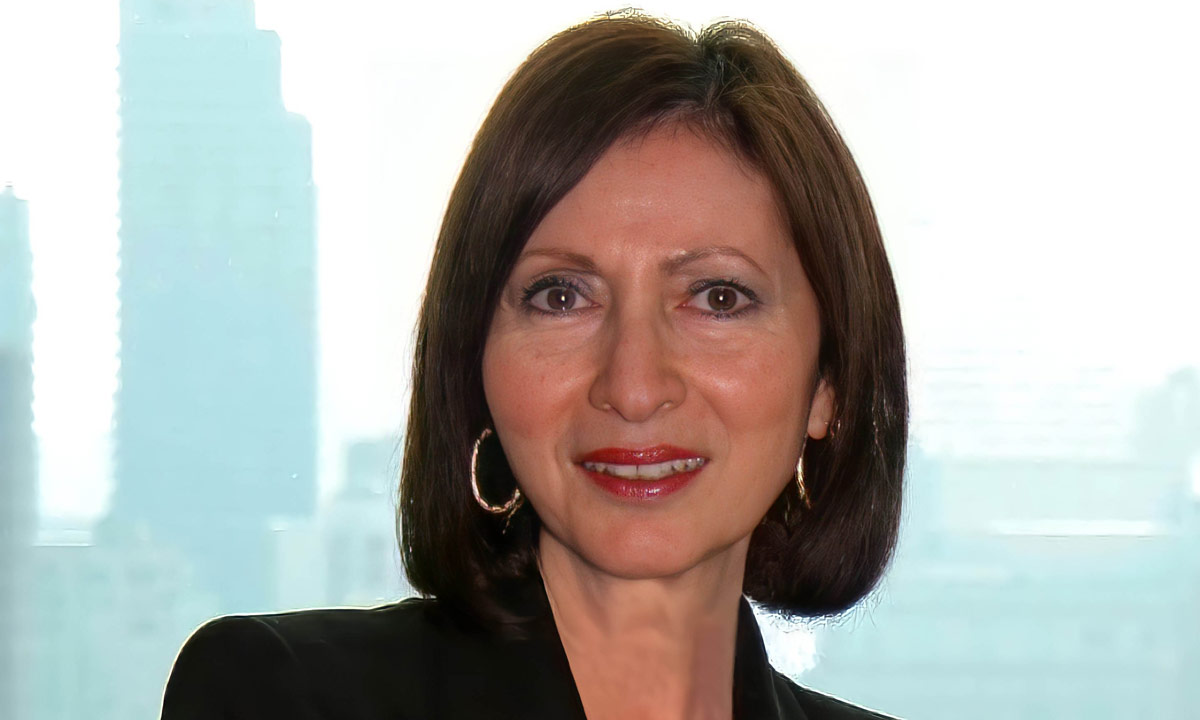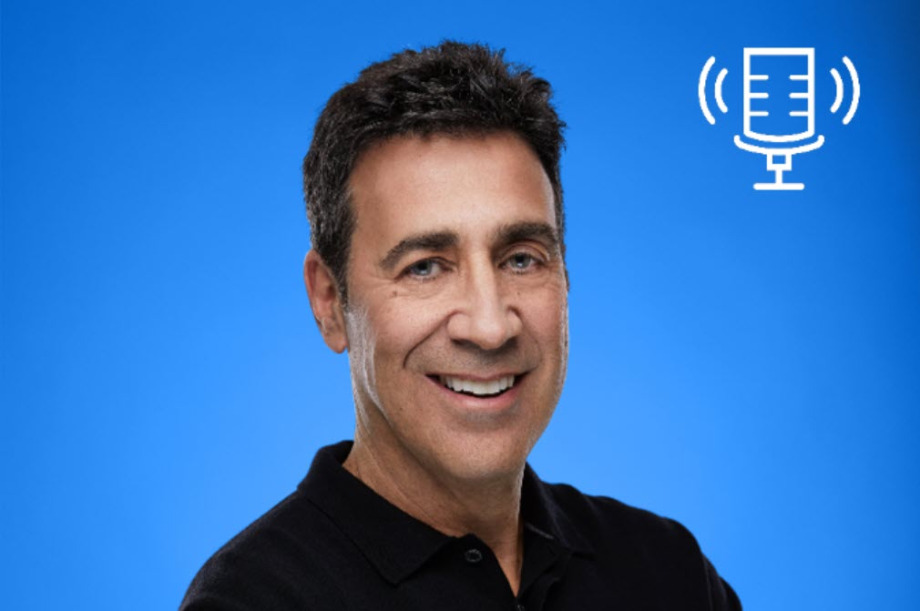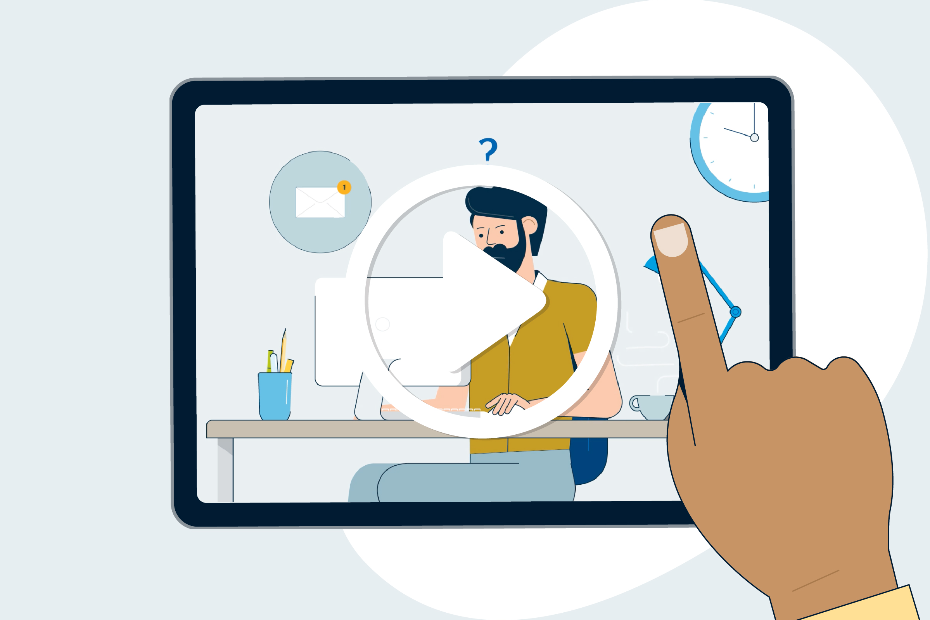Every week, Tony Chapman chats with ordinary people doing extraordinary things. In his inspiring Chatter That Matters podcast series, Chapman uncovers tales of astonishing grit and resilience, stories of strength and impact, and valuable lessons that can help us see the possibilities of life — even during challenging times.
Ann Cavoukian’s outlook on privacy and personal freedom was shaped by her family background. They lived a charmed life in Egypt, until the British pulled out of the country and they were left with no personal freedoms whatsoever. Her parents left in the dead of night for Canada – where they had to completely start over, but could raise their children in a free society.
“To me, there is nothing more important than freedom,” she tells Chapman. “And privacy forms the foundation of our freedom.”
“Privacy is about control”
One of the things that drives Cavoukian crazy is when people say: ‘If you have nothing to hide, you have nothing to fear.’
“That’s not what freedom is about, and that’s not privacy,” she tells Chapman. “Privacy is about personal control over the use and disclosure of your personal information. Companies and governments may have access to your personal information, but it doesn’t belong to them. It belongs to you.”
She laments the fact that governments and private companies have so much information and have been able to use it for their own gains – potentially at the expense of the individual. “Information can come back and bite you. It can affect your health, it can affect your employment status. Data in the wrong hands can cause so much undue harm,” she says. The key, says Cavoukian, is to restore control. “You might say, how the heck is that possible in this day and age, if everybody’s got your data?”
That’s a question that Cavoukian has spent her career working to answer, most notably through her concept of Privacy by Design.
Privacy by Design
Ann Cavoukian developed Privacy by Design in the 1990s to protect the privacy of Canadians and safeguard personal control over information.
“I wanted a proactive means of preventing privacy harms from arising,” she says. So over three nights at her kitchen table, she came up with Privacy by Design, which is founded on the principles of proactive measures, as well as privacy embedded into policies and baked into code.
And while governments, companies and advertisers are as hungry for data as ever, she sees the growing adoption of the concept.
The Government of Ontario sought Cavoukian’s help in the development of a COVID contact-tracing app that would alert people if they were within two metres of someone who had tested positive. Cavoukian was clear she would only use this app, developed in partnership between Apple and Google, as it retained no personal information. “I give this as an example of technology that can be crafted in privacy-protective ways. There are an enormous number of initiatives that are baking privacy into the code and adopting Privacy by Design.”
Taking back control of privacy
When asked about the effects of social media on privacy, Cavoukian shares that there are in fact a surprising number of measures in place to protect people. “Believe it or not, Facebook has a Privacy by Design department,” she says. The problem is that nobody knows about it.
“I understand why parents want to share pictures of their children online. I would just say before you do that, ask for the strongest privacy possible — if you’re on Facebook, ask for Privacy by Design. That way, when you share your picture of your child, it will only be going to the parties you identified.”
She explains that you can control how personal information is used offline as well — for instance when the clerk at a shop asks for a postal code at the checkout. She suggests asking how the information will be used and whether it would be shared with third parties – and once the store knows that you care about privacy, they’ll react differently. “Whoever I’m dealing with, I just tell them I care deeply about my privacy and want the strongest protection possible. You’d be surprised by how much strength you get.”
Balancing privacy and security
There are many people who would argue that putting data in the right hands can go a long way toward protecting society. When asked how individual privacy can be balanced with the need for individual security, Cavoukian’s answer is that both are needed. “One of the fundamentals of Privacy by Design is to get rid of the either/or zero-sum mindset,” she explains. “Of course we need safety and security. That’s why companies and governments love Privacy by Design because it’s not getting rid of law enforcement or security efforts. You have to do both, but you do both in a responsible manner.
According to recent public opinion polls, 90% of Canadians are very concerned about their privacy and 92% are concerned about the loss of control over their information. The good news is that companies are aware of this mindset – and because they want the business, they’re listening. More and more companies are offering options that let individuals control the disclosure of their information, which Cavoukian feels is a big win.
“People are listening and changing slowly,” she says. “Let’s focus on what we can do to clear the path to privacy now and well into the future.”
To Listen to this show go to chatterthatmatters.ca, or download Chatter that Matters wherever you get your podcasts, or on these stations:
- Newstalk 1010, Toronto
- CFRA 580 Ottawa
- CJAD 800 Montreal
- CJBK 1290 London
- Newstalk 610 St. Catharine’s
- CKLW 800 Windsor
- CKFR 1150 Kelowna
- Fridays at 1 p.m.
- CFAX 1070 AM Victoria
- Fridays at 8 p.m.
- BNN Bloomberg, CFTE 1410 Vancouver
To listen to Tony Chapman’s CHATTER THAT MATTERS Podcast, download Chatter that Matters on I HEART Radio, wherever you get your podcasts, or at: https://chatterthatmatters.ca
This article is intended as general information only and is not to be relied upon as constituting legal, financial or other professional advice. A professional advisor should be consulted regarding your specific situation. Information presented is believed to be factual and up-to-date but we do not guarantee its accuracy and it should not be regarded as a complete analysis of the subjects discussed. All expressions of opinion reflect the judgment of the authors as of the date of publication and are subject to change. No endorsement of any third parties or their advice, opinions, information, products or services is expressly given or implied by Royal Bank of Canada or any of its affiliates.



















